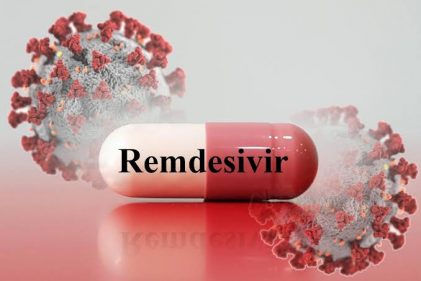U.S. regulators on Friday allowed emergency use of an experimental drug that appears to help some coronavirus patients recover faster.
It is the first drug shown to help fight COVID-19, which has killed more than 230,000 people worldwide.
The FDA said in a statement that Gilead Science’s intravenous drug remdesivir would be specifically indicated for hospitalized patients with “severe disease,” such as those experiencing breathing problems requiring supplemental oxygen or ventilators.
The FDA acted after preliminary results from a government-sponsored study showed that the drug, remdesivir, shortened the time to recovery by 31%, or about four days on average, for hospitalized COVID-19 patients.
The study of 1,063 patients is the largest and most strict test of the drug and included a comparison group that received just usual care so remdesivir’s effects could be rigorously evaluated.
Those given the drug were able to leave the hospital in 11 days on average vs. 15 days for the comparison group.
The FDA said that performance warranted Friday’s decision, though regulators acknowledged “there is limited information known about the safety and effectiveness of using remdesivir.”
The drug’s side effects include potential inflammation of the liver and problems related to its infusion, which could lead to nausea, vomiting, sweating and low blood pressure. Fact sheets about dosing and potential safety issues will be provided to physicians and patients, the FDA said.
The National Institutes of Health’s Dr. Anthony Fauci said Wednesday the drug would become a new standard of care for severely ill COVID-19 patients. The drug, which blocks an enzyme the virus uses to copy its genetic material, has not been tested on people with milder illness.
The FDA authorized the drug under its emergency powers to quickly speed experimental drugs, tests and other medical products to patients during public health crises.
In normal times the FDA requires “substantial evidence” of a drug’s safety and effectiveness, usually through one or more large, rigorously controlled patient studies. But during public health emergencies the agency can waive those standards, simply requiring that an experimental drug’s potential benefits outweigh its risks.

Leave a Reply